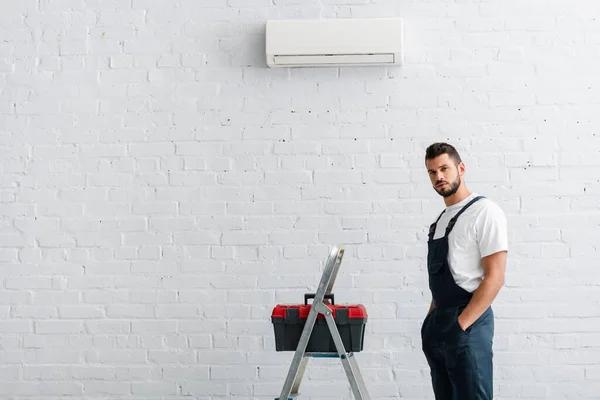In the quest for energy efficiency and sustainable living, selecting the right heat pump installation is a crucial decision for homeowners. A heat pump system not only helps in reducing energy consumption but also provides an eco-friendly alternative to traditional heating and cooling systems. When considering “heat pump installation near me,” there are several factors to keep in mind to ensure you make an informed choice that aligns with your energy efficiency goals.
Firstly, understanding the types of heat pumps available is essential. There are primarily three types: air-source, ground-source (geothermal), and water-source heat pumps. Air-source heat pumps are popular due to their cost-effectiveness and ease of heat pump installation near me from the outside air during winter and expel indoor heat during summer months. Ground-source or geothermal pumps, though more expensive initially, offer higher efficiency by utilizing stable underground temperatures as a thermal source. Water-source pumps operate similarly but use nearby water bodies as their exchange medium.
Location plays a significant role in determining which type of system suits your home best. For instance, geothermal systems may be ideal in regions with extreme temperature fluctuations due to their consistent performance regardless of external conditions. Conversely, air-source systems might suffice in moderate climates where temperature extremes are less pronounced.
Once you’ve identified the suitable type of system for your area, finding a reputable local installer becomes imperative. Search for certified professionals who have experience installing various models and brands of heat pumps. Checking reviews online or seeking recommendations from friends or neighbors can provide insight into reliable service providers within your vicinity.
Energy efficiency ratings should also guide your decision-making process when choosing a specific model or brand of heat pump. Look for units with high Seasonal Energy Efficiency Ratio (SEER) ratings if you’re prioritizing cooling efficiency or Heating Seasonal Performance Factor (HSPF) ratings if heating is more critical based on regional climate demands.
Additionally, consider any available incentives or rebates offered by government programs aimed at promoting renewable energy solutions among homeowners; these can significantly offset initial investment costs associated with purchasing high-efficiency units.
Finally, maintenance requirements must not be overlooked when selecting both equipment and installers—regular upkeep ensures optimal functionality throughout its lifespan while preventing unexpected breakdowns that could compromise overall household comfort levels during peak seasons.
By carefully evaluating all these aspects before committing financially towards new installations nearby tailored specifically around personal preferences alongside environmental considerations alike—you’ll achieve greater satisfaction knowing each step taken contributes positively toward long-term sustainability efforts globally without sacrificing immediate convenience locally either!
UniColorado Heating & Cooling
2700 W Evans Ave #100, Denver, CO 80219
303-250-1000




